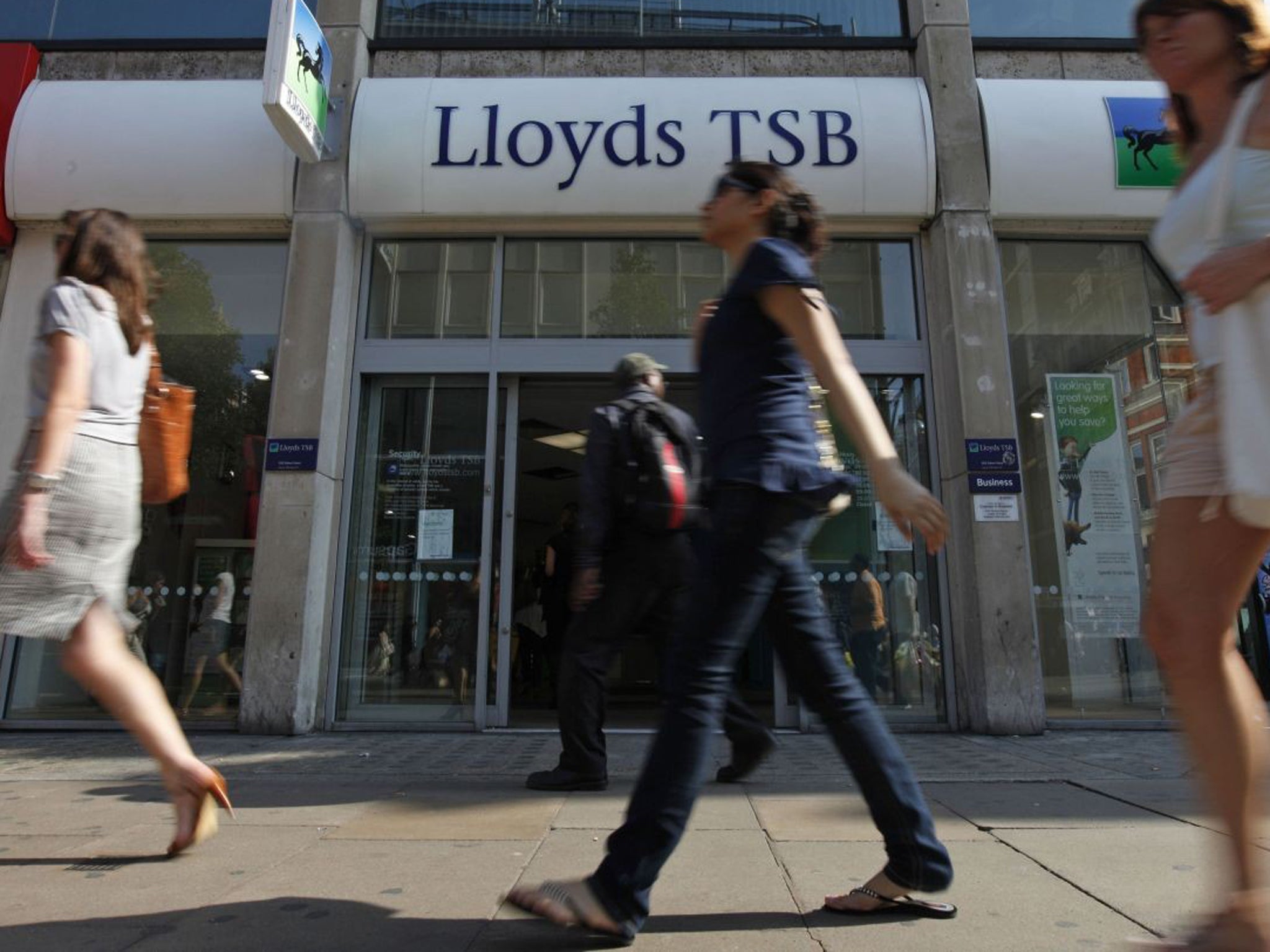Julian Knight: Peer-to-peer lending is the future but users must take care
Not all lending platforms are the same: some are based on a risky premise

Your support helps us to tell the story
From reproductive rights to climate change to Big Tech, The Independent is on the ground when the story is developing. Whether it's investigating the financials of Elon Musk's pro-Trump PAC or producing our latest documentary, 'The A Word', which shines a light on the American women fighting for reproductive rights, we know how important it is to parse out the facts from the messaging.
At such a critical moment in US history, we need reporters on the ground. Your donation allows us to keep sending journalists to speak to both sides of the story.
The Independent is trusted by Americans across the entire political spectrum. And unlike many other quality news outlets, we choose not to lock Americans out of our reporting and analysis with paywalls. We believe quality journalism should be available to everyone, paid for by those who can afford it.
Your support makes all the difference.Zopa are expecting a doubling in the market for peer-to peer lending in 2013 as consumers and small businesses in particular turn their back on the traditional high-street banks.
Disillusionment is one reason for this and so, it seems, are the terrible returns on savings and often arbitrary and unfair bars put on borrowers.
The peer-to-peer lenders and the likes of campaign groups such as Move your Money would like us to become more like America where only about 25 per cent of lending is done through the banks.
In the States, they have a much more diverse financial culture with business and individuals being able to raise their money from lots of difference sources and – when needed – make their individual pitches (in the case of business lending) rather than being beholden to a credit-scoring programme.
This, I'd argue, is one of the reasons why in the US they are more entrepreneurial and start-ups get a chance to, well, start up.
But before we get too excited by peer-to-peer on this side of the pond, there are some health warnings which need to be heeded.
Zopa has been around since 2005 and has a transparent business model. What's more, the risk is spread because, in effect, it acts as a platform which brings savers together with hundreds – even thousands – of borrowers.
But not all peer-to-peer platforms are the same, in fact there are some called crowd-funding which have a far riskier premise behind them with projects and individual business looking to tempt rate-hungry savers to put their money in.
It's all unregulated, of course – until 2014 at the earliest – and I can't but feel some new entrants into this sector are trading off the good reputations of the likes of Zopa and Funding Circle. Savers beware.
A Christmas without chuggers
In recent weeks it's been a rare pleasure to walk along Kensington High Street without being leapt on by a chugger – the nickname given to the invariably facially pierced salespeople who badger you into subscribing to a charity.
It seems that recent rules setting standards for the industry regarding proximity to stations and disclosure of the bumper commissions that are earned have put the kibosh on the operation.
When I first started to decry chuggers a few years ago I received rather pointed letters from public relations bods representing charities and espousing the virtues of their "face-to-face fundraisers" and claiming that people in a hurry "welcomed the interaction" with the chuggers.
I was apparently in the minority and clearly guilty of the worst of all Christmas sins; suggesting that the charitable sector didn't do all good. But over time it's become clear that the public, rather than welcoming chuggers, have become tired of their pushiness, rudeness and the fact that they are usually making money for themselves or some marketing company rather than being really committed to the cause.
The town of Shrewsbury blazed a trail by banning these individuals last year and now we seem finally to be consigning chuggers to the same place as the likes of the squeegee merchants.
Packaged accounts
Lloyds Banking Group has chosen to call a temporary halt on selling packaged current accounts. These offerings from the bank are the ones on which it charges a monthly fee in return for all sorts of insurance products.
But – according to the UK's biggest high-street bank (41 per cent of whose shares we taxpayers still own) – this decision has nothing to do with the fact that there's a growing body of opinion across the banking industry, package accounts may have been mis-sold. (No! Perish the thought).
Nevertheless, Lloyds' course of action should hopefully cause other banks to think on how they are pushing packaged accounts – which are in my view overpriced and full of largely worthless insurance products which you are better off buying elsewhere.
Join our commenting forum
Join thought-provoking conversations, follow other Independent readers and see their replies
Comments